What is it that makes Icelandic crime fiction so captivating? It was the Magical Murder Tour that wrapped up Iceland Noir yesterday which provided many of the clues. Organised by Iceland Noir and All Iceland, the journey lasted from sunrise to sunset and explored the great lava fields between Reykjavik and the south-west tip of the Reykjanes Peninsula. It is the area around Keflavik International Airport, often overlooked by Icelanders and visitors alike, but full of both history and folklore. Each stop on the tour focused on a scene from a crime book set in the area.
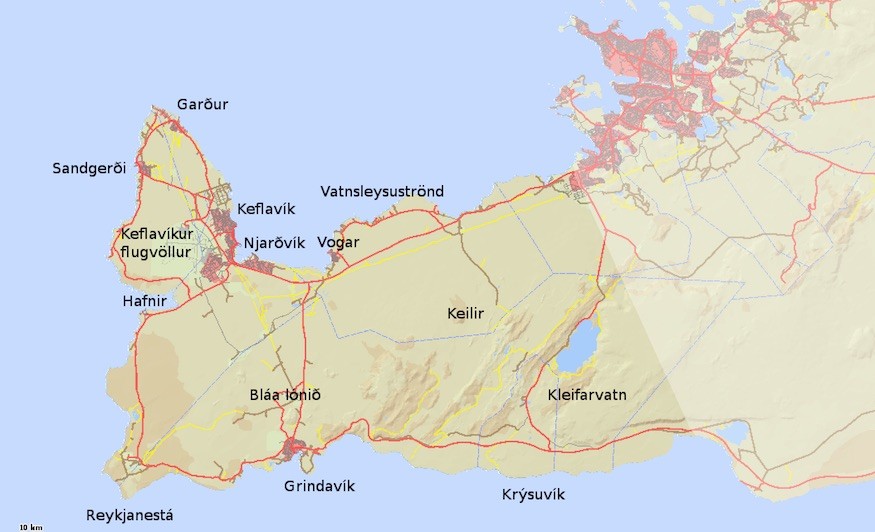
Settled in the ninth century, most of Iceland’s history tells of toil and struggle. Unless you are interested in ice, rock formations, fish and other-worldly landscapes, the country has never been a land of plenty. But its history, folklore and literature are plenty based on the land and its stories. After the settlement, Iceland was split into 400-odd portions of land by the country’s first leader, Ingólfur Arnarson. He gave a patch to his each of his followers, who divided it up between their own henchmen (and, occasionally, women). Every bit of arable land, every farmstead, was greatly valued. Stories associated with these places were remembered, retold and eventually written down.
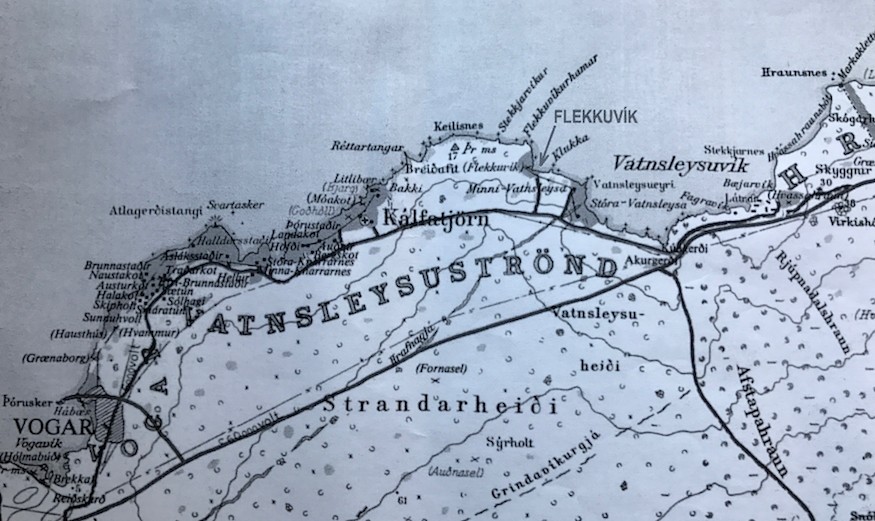 If you look at the map above, the many places along this bit of coast west of Reykjavik have been given their own names. The inland dots, meanwhile, do not indicate towns but farmsteads. Iceland’s crime writers, like its historians over the centuries, love learning about the land and its stories – right down to individual farms. On a tour like this, the guide will point out an old church or a broken down building and retell a tale in incredible detail. We heard about the parish church where Hallgrímur Pétursson preached, the 17th century poet and minister to whom Reykjavik’s magnificent Hallgrimskirkja is dedicated. As well as writing 50 psalms, he married a woman who had been kidnapped and held for ransom by Algerian pirates!
If you look at the map above, the many places along this bit of coast west of Reykjavik have been given their own names. The inland dots, meanwhile, do not indicate towns but farmsteads. Iceland’s crime writers, like its historians over the centuries, love learning about the land and its stories – right down to individual farms. On a tour like this, the guide will point out an old church or a broken down building and retell a tale in incredible detail. We heard about the parish church where Hallgrímur Pétursson preached, the 17th century poet and minister to whom Reykjavik’s magnificent Hallgrimskirkja is dedicated. As well as writing 50 psalms, he married a woman who had been kidnapped and held for ransom by Algerian pirates!
On another stretch of road, your guide may well know a story about a particular ghost, giant, troll or group of huldufólk – the hidden people, or elves, that Iceland is famous for. It’s because Iceland’s writers research and ingrain themselves with such stories that the country’s brand of crime writing is so popular with local readers. As a non-Icelandic reader, you may not know the stories like an Icelander, but because the writing is so deeply rooted in real places and real stories, it is so very convincing. Of course, the mysteries written by Arnaldur Indridason, Yrsa Sigurdardottir and Ragnar Jonasson are usually fictional but, because they are applied to much older tales, Iceland’s crime writing seems a little like the layer of greenish-grey moss that grows on the lava in Reykjanes. It’s like the sweet icing on a rich chocolate cake.
The first stop on the Magical Murder Tour was at the inlet labelled Flekkuvik on the map above, in the region called Vatnsleysuströnd.
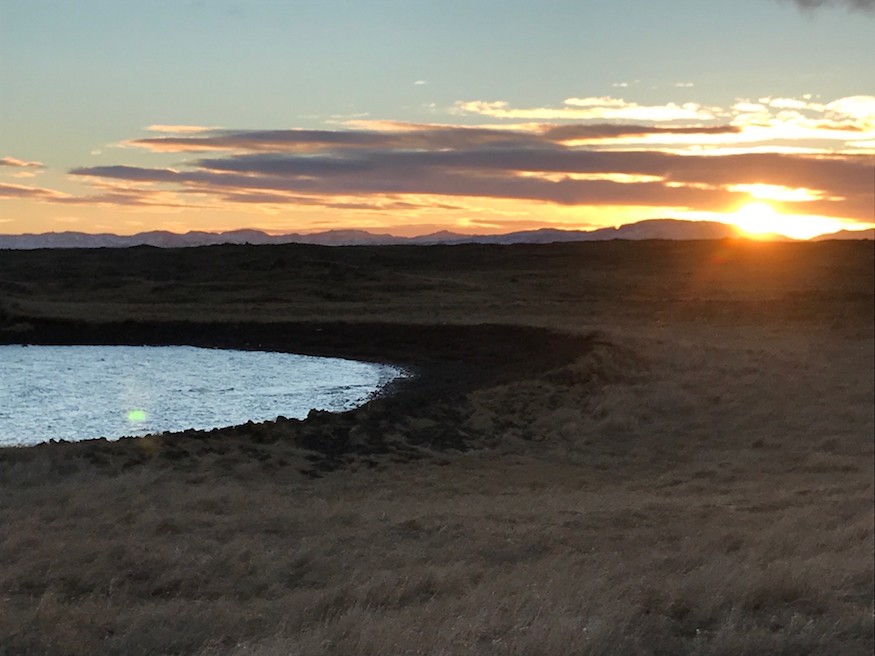
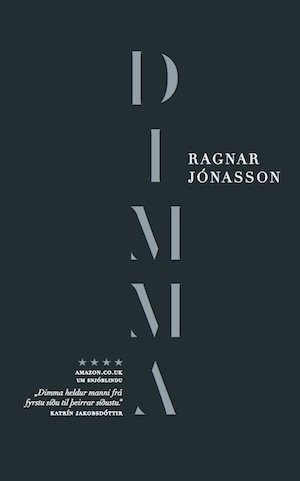 The tour arrived on the now rundown farmstead at dawn, when the sunrise seemed to make the seawater shine and gave the grass a ghostly glow. Fitting, because it is on this dark stretch of rocky shoreline that the victim is discovered in Ragnar Jonasson’s Dimma, or The Darkness. The book is being translated into English and should be out in 2018. In it, 64-year-old policewoman Hulda, who is about to retire from the force, investigates why a girl from Russia who was seeking asylum is dead by the water.
The tour arrived on the now rundown farmstead at dawn, when the sunrise seemed to make the seawater shine and gave the grass a ghostly glow. Fitting, because it is on this dark stretch of rocky shoreline that the victim is discovered in Ragnar Jonasson’s Dimma, or The Darkness. The book is being translated into English and should be out in 2018. In it, 64-year-old policewoman Hulda, who is about to retire from the force, investigates why a girl from Russia who was seeking asylum is dead by the water.
This book is from a new series from Ragnar Jonasson, but you can catch up with his Dark Iceland books here.
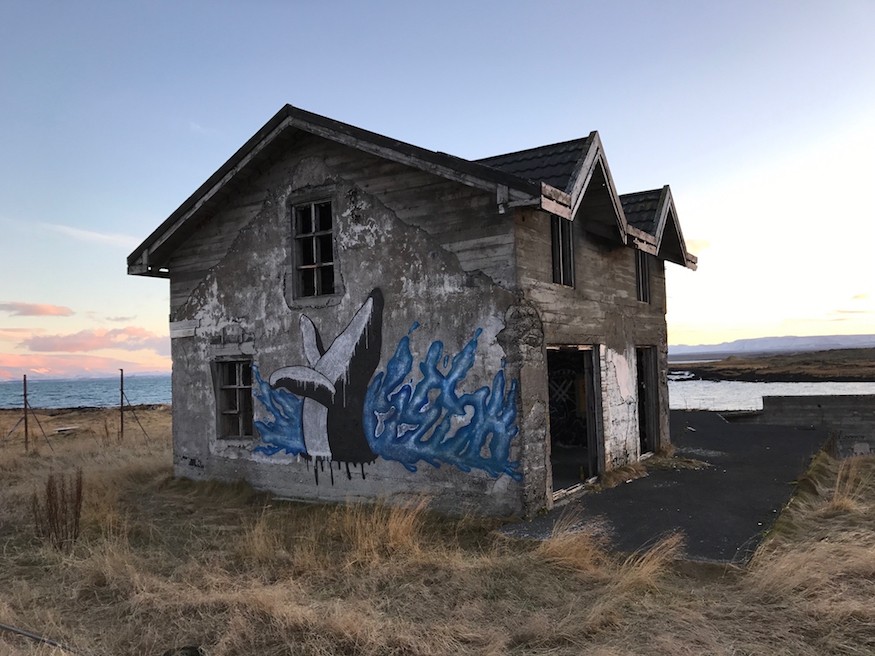
Above you can see the farmhouse – complete with eco graffiti – near the inlet where the body is discovered. The setting is useful for the author and his story because it is both remote and yet near Keflavik airport. Later, the tale moves to a confined setting in Iceland’s highlands, with Hulda confronting not just the mystery itself but problems of her own.
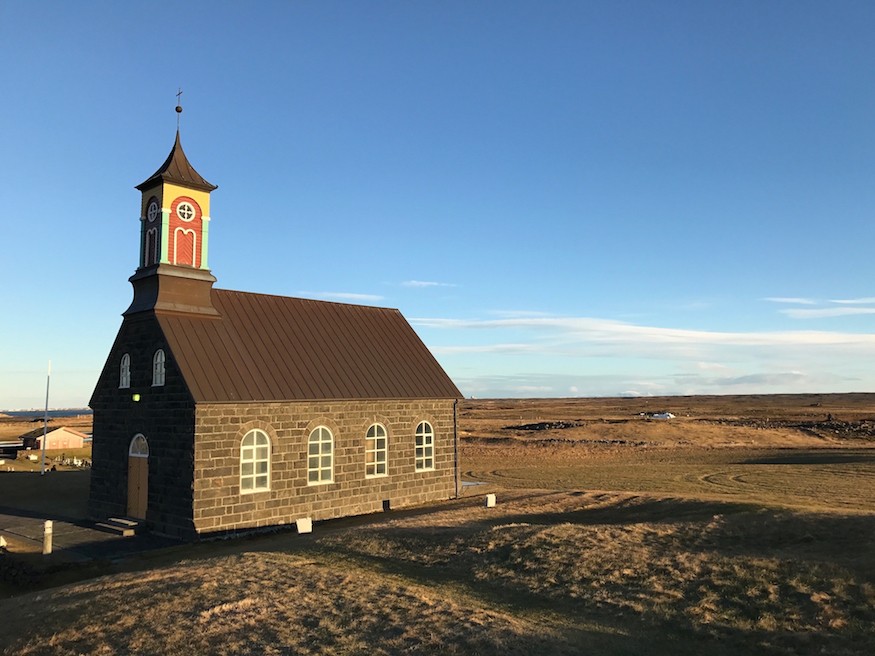
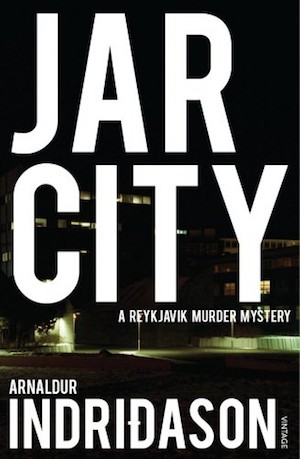 From there, the tour continued to the fishing village of Sandgerði, where this striking church stands. The setting is used in the film Jar City, or Myrin (The Bog) in Icelandic, based on the book by Arnaldur Indridason. It was the first book by Iceland’s most famous crime author to be translated into English.
From there, the tour continued to the fishing village of Sandgerði, where this striking church stands. The setting is used in the film Jar City, or Myrin (The Bog) in Icelandic, based on the book by Arnaldur Indridason. It was the first book by Iceland’s most famous crime author to be translated into English.
You can read more about Arnaldur Indridasson’s series featuring Detective Erlendur here.
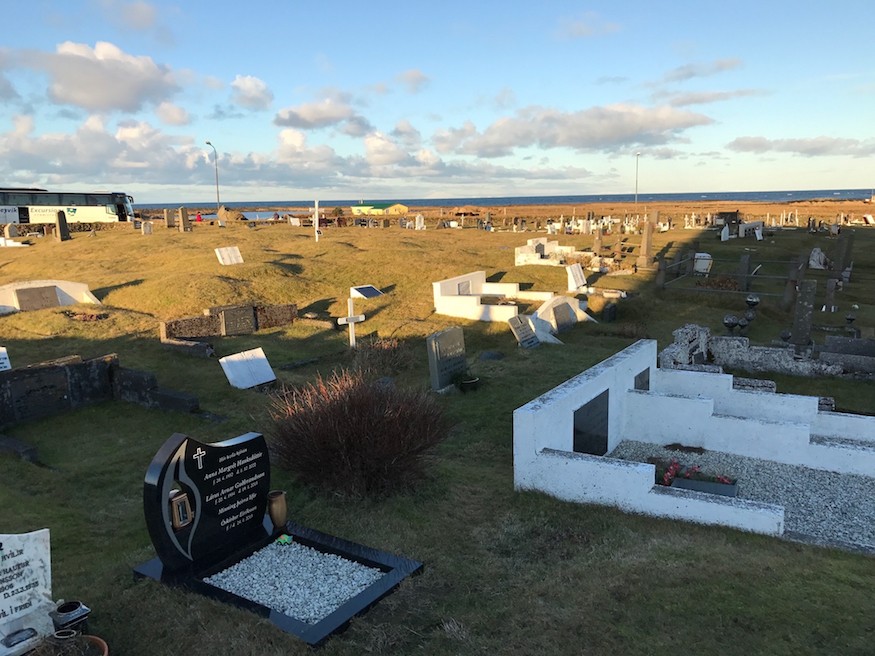
If you’ve seen the film, you’ll know that some of its most dramatic scenes take place in the graveyard at the church near Sandgerði. We won’t spoil it for you other than to say that an exhumation takes place here, it’s all a bit fraught, and the weather is much worse in the film than in this picture. Get someone to throw lots of small bits of ice at you while you look at the photo and you’ll get the idea.
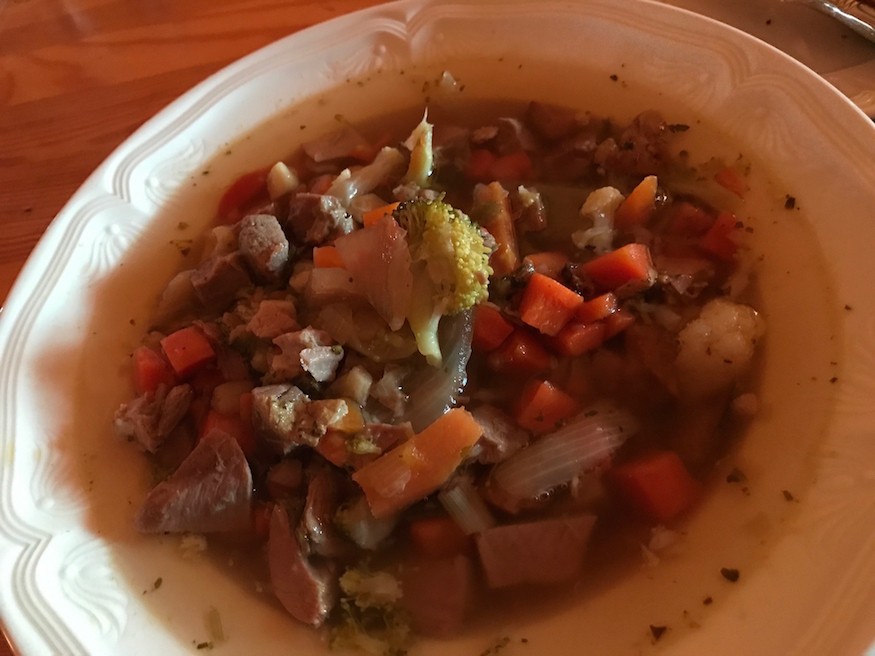
When the Magical Murder Tour stopped for lunch, this too was inspired by Jar City. Thankfully, it didn’t involve human tissue specimens from the genetic research institute in the story. But there’s a scene in the story when Erlendur, upset by the state of his drug-abusing daughter, tries to look after her by giving her some lamb soup. The dish is one of Iceland’s famous staples. Found in Salthúsið, the bowl above was as good as any.
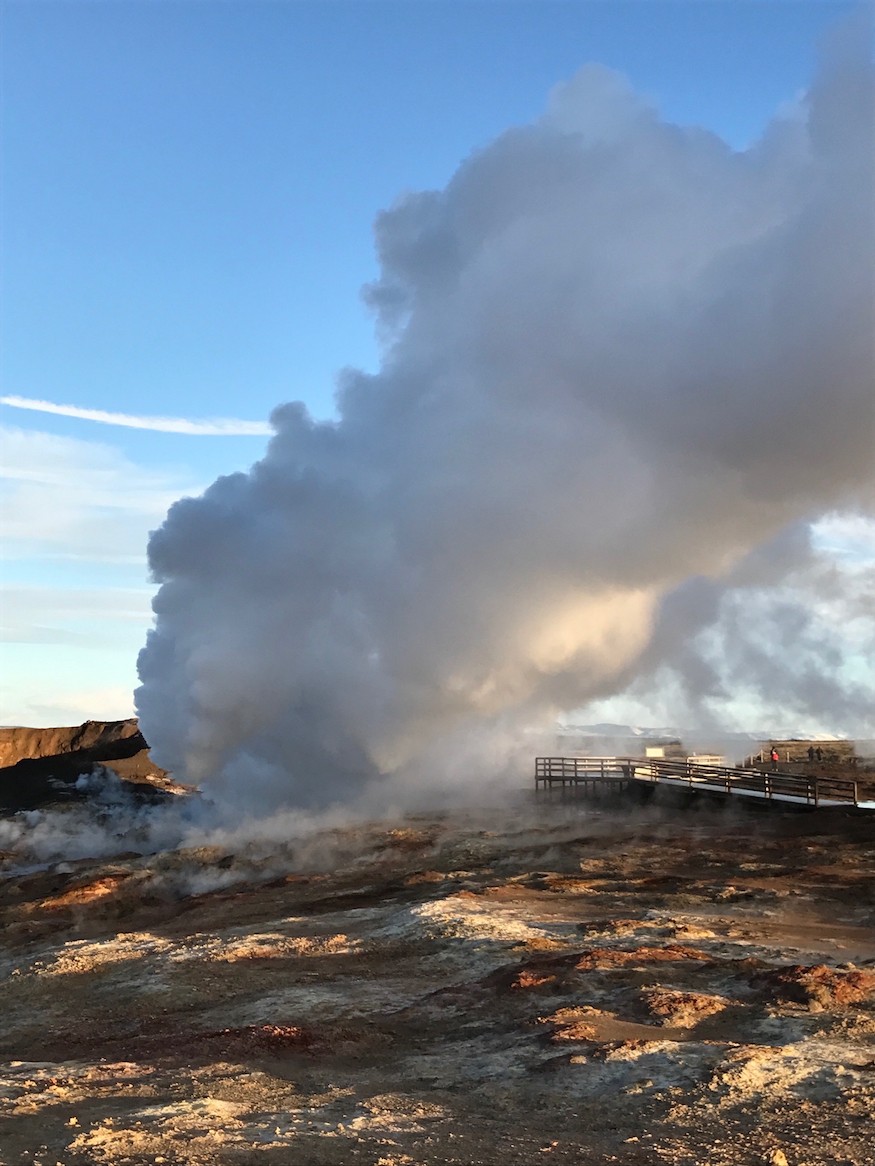
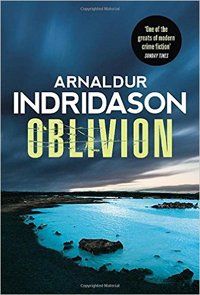 Next, the tour went to the most amazing location, seen above. It’s near the famous Blue Lagoon where the steam literally pours from the earth. Also close to both Keflavik and the fishing town of Grindavik, the spot not only looks unbelievable but there is a very unique scent on the wind. The geothermal emissions are full of sulphur, for a start, and their heat his harnessed by a nearby factory where they process dried fish…
Next, the tour went to the most amazing location, seen above. It’s near the famous Blue Lagoon where the steam literally pours from the earth. Also close to both Keflavik and the fishing town of Grindavik, the spot not only looks unbelievable but there is a very unique scent on the wind. The geothermal emissions are full of sulphur, for a start, and their heat his harnessed by a nearby factory where they process dried fish…
The Blue Lagoon – with its supposed healing waters – was not a stop on the tour but it is fed by the hot water used in Iceland’s geothermal energy programme. The pool is where the first body is found in Arnaldur Indridason’s most recent Erlendur novel, Oblivion. In Icelandic it was entitled Kamp Knox. The tour criss-crossed the area where the book is set, including a stop in Keflavik and a drive across the land which was a NATO base until 2006. It’s the young Erlendur’s attempts to gain access to the base to investigate the murder that’s the core of the tension in Oblivion and you can read our review here.
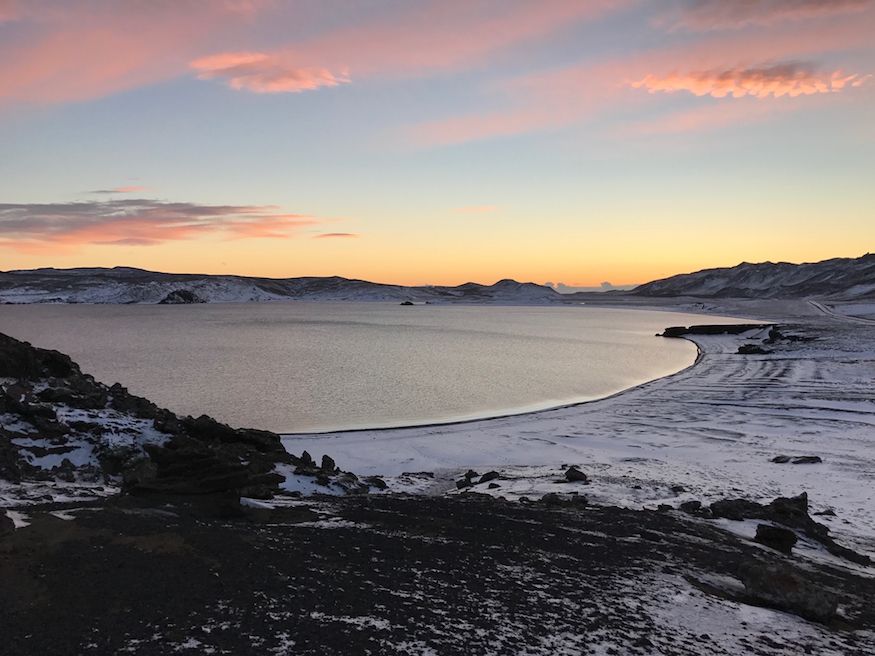
The final, stunning stop on 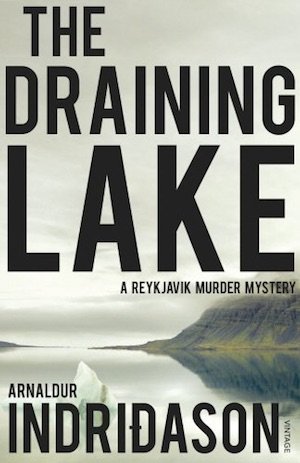 the Magical Murder Tour was at a spot overlooking Kleifarvatn, a lake surrounded by volcanic craters. It’s the setting for another key scene in an Arnaldur Indridason novel in which the author again uses the true characteristics of the landscape and its stories as the basis for his writing. Kleifarvatn is the Icelandic title of the novel The Draining Lake. Following volcanic activity beneath the Rakjanes Peninsula a few years back, the water level of this lake dropped several metres. Where the water went, nobody knows. In Arnaldur’s story, the draining reveals a corpse and in the photograph here you can actually see the old high water marks to the right of the lake’s present edge. The sunset was a fitting sunset ending for a day of magic and mystery in Iceland…
the Magical Murder Tour was at a spot overlooking Kleifarvatn, a lake surrounded by volcanic craters. It’s the setting for another key scene in an Arnaldur Indridason novel in which the author again uses the true characteristics of the landscape and its stories as the basis for his writing. Kleifarvatn is the Icelandic title of the novel The Draining Lake. Following volcanic activity beneath the Rakjanes Peninsula a few years back, the water level of this lake dropped several metres. Where the water went, nobody knows. In Arnaldur’s story, the draining reveals a corpse and in the photograph here you can actually see the old high water marks to the right of the lake’s present edge. The sunset was a fitting sunset ending for a day of magic and mystery in Iceland…
Last year, author Yrsa Siggurdardottir led a journey to the glacier Snaefellsnes, and you can read about that here.










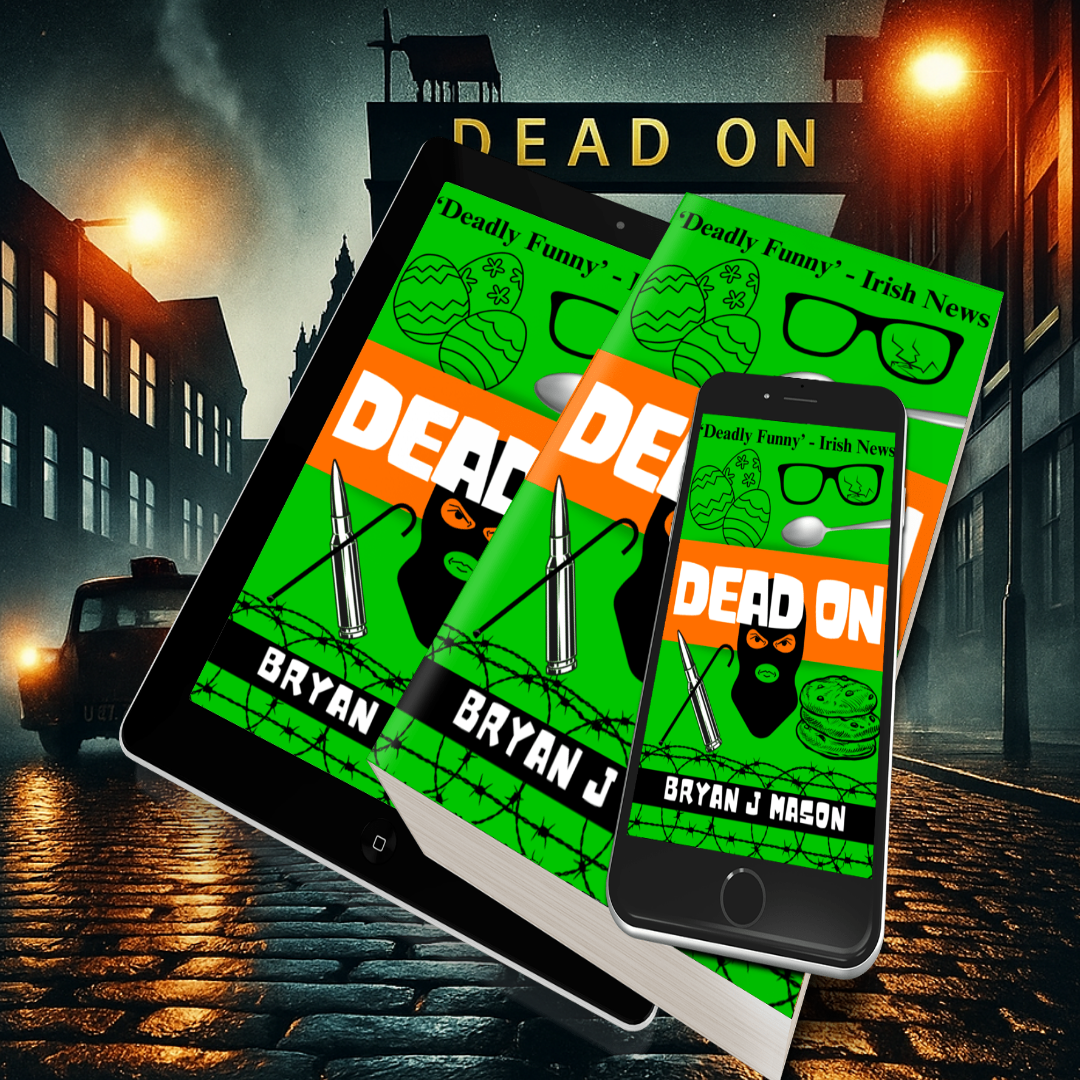
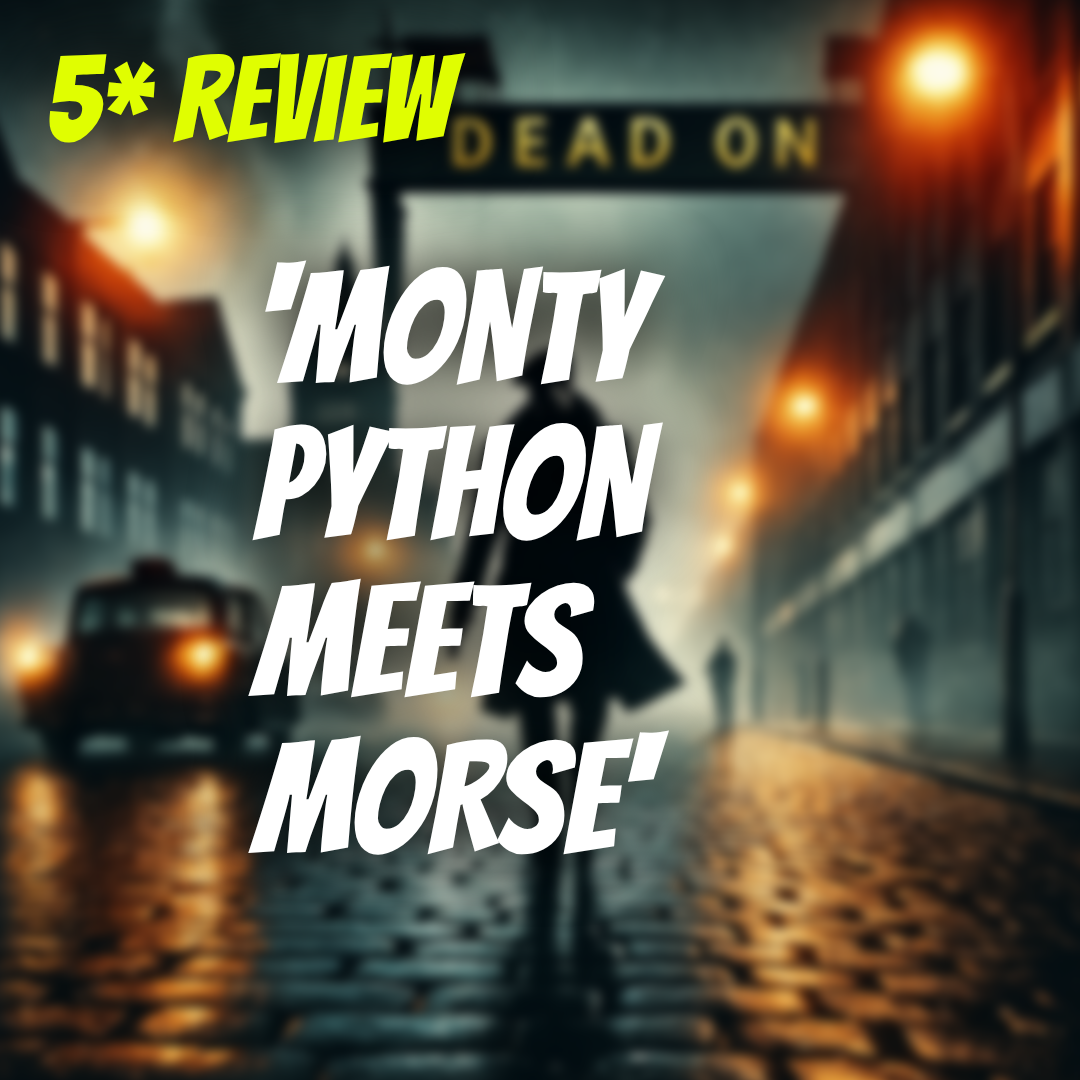
What a wonderful journey, crimethrillergirl! Some of my friends and my PhD supervisors attended and I was green with envy. What a beautiful country. I hope to get to visit one day. Thanks for the HQ pictures to help us vicariousl live through them 🙂
crimethrillergirl?
I was on the tour and loved it. Thanks for this very special guided adventure!
I too was on the tour. It really was magical, the scenery spectacular, the locations relevant. I look forward to Iceland Noir 2018, for more crime theme adventures.